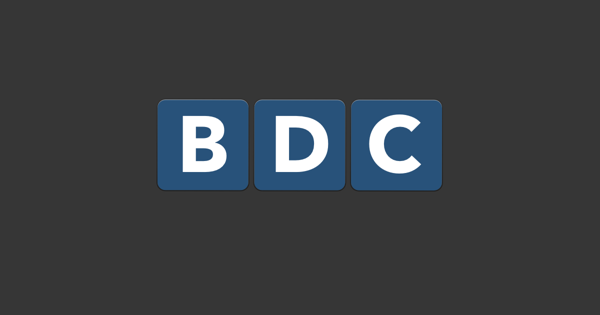Letter to the Editor: Concerns Over Sheehy’s Understanding of Healthcare and Tester’s Responses
September 28, 2024 | by magnews24.com

Tim Sheehy’s Misunderstanding of Montana’s Healthcare Crisis: A Call for Clarity
In a recent discussion, Tim Sheehy, a prominent Republican figure in Montana, showcased a shocking lack of awareness regarding the state’s healthcare dilemmas and the implications of his party’s approach to medical coverage. His comments sparked a flurry of responses from healthcare advocates and concerned citizens alike, highlighting a crucial issue that remains at the forefront of Montana’s political landscape: access to quality healthcare.
To put things into perspective, the Affordable Care Act (ACA), commonly known as Obamacare, has been a polarizing topic since its inception. Republican leaders have made over 70 unsuccessful attempts to repeal the ACA, and while it’s easy to criticize marketplace prices, it’s important to note that these prices have risen at a slower rate than in previous years. The ACA has expanded coverage to a larger segment of the population, particularly those without employer-based health insurance, which is especially crucial in a state like Montana.
One of the key provisions of the ACA is the requirement for insurance providers to cover individuals with pre-existing conditions—a lifeline for many Montanans who might otherwise be denied coverage. Additionally, there is a cap on out-of-pocket expenses, an essential factor in protecting families from financial ruin due to medical costs. However, Sheehy’s perspective reveals a concerning ignorance of these benefits and what they mean for his constituents.
Residents across Montana are well aware of the acute shortage of healthcare providers in the state. With nine counties lacking a single physician and all 56 counties facing primary-care deficiencies, the implications are dire. These statistics should be more than enough for any political leader to prioritize healthcare reform. Yet, Sheehy’s comments suggested a disconnection from the reality faced by many families in the state.
Montana’s Medicaid expansion, which has provided insurance to roughly 120,000 residents (about 18% of whom are children), has also come under fire. Governor Greg Gianforte and the state legislature have faced criticism for their handling of the program, which relies heavily on federal funding—covering approximately 89% of costs. While the state government’s maneuvers seem aimed at budget control, they have left many vulnerable Montanans without essential coverage, exacerbating the healthcare crisis.
Adding further urgency to the situation, the lack of adequate Medicaid reimbursement rates for healthcare providers poses a grave threat to the longevity of medical facilities across Montana. With twelve nursing homes shuttered in recent years, families have been left in significant distress, scrambling to find care for aging loved ones. This decline not only affects those who require long-term care but also places immense pressure on family members and caregivers who bear the brunt of managing these challenges without sufficient support or resources.
In this environment, Sheehy’s comments about healthcare access reveal a broader concern: the need for political figures to engage more deeply with their constituents’ experiences. Understanding the intricacies of healthcare is not just a political talking point; it’s a critical responsibility of elected officials who claim to represent the interests of their constituents.
As Montanans grapple with healthcare access and affordability, the expectations for leaders like Sheehy should align with the pressing realities in their communities. Engaging with healthcare professionals, advocacy groups, and the public is essential to crafting effective policies that genuinely meet the needs of the populace.
Moreover, voters must emphasize the importance of informed leadership. The healthcare crisis in Montana is not merely a political issue; it is a matter of human dignity. Each statistic represents real lives affected by a lack of access to care and support. In this heated political climate, it is imperative for voters to hold leaders accountable and to demand a comprehensive approach to healthcare reform that prioritizes access for all Montanans.
In summary, as we navigate these challenging times, it is vital for our leaders to shed any ignorance surrounding the state’s healthcare landscape. Tim Sheehy’s misstep serves as a wake-up call, a reminder that in the realm of politics, awareness and understanding are essential to bringing meaningful change. Montanans deserve leaders who are not only informed but also deeply committed to addressing the pressing issues that impact their lives daily. Only then can we hope to foster a healthcare system that works for everyone, leaving no one behind.
RELATED POSTS
View all



